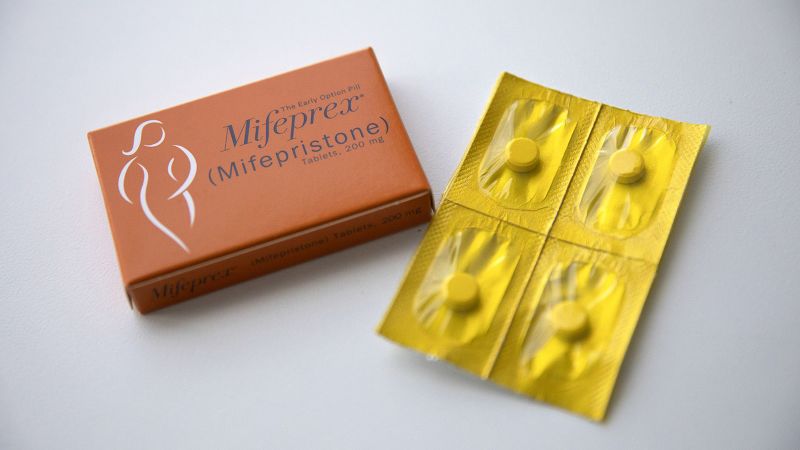The Louisiana state House passed a bill that would classify abortion-inducing drugs misoprostol and mifeprostone as Schedule IV controlled dangerous substances, placing them in the same category as highly regulated drugs. The bill now needs Senate concurrence after a vote of 64-29. Senate Bill 276 would make it a crime to give abortion medication without consent, with the amendment to classify the drugs added after Senate approval. The bill sponsor, Sen. Thomas Pressly, proposed the legislation after his sister was given misoprostol against her will, despite abortion already being banned in Louisiana with no exceptions.
In a medication abortion, mifepristone blocks the hormone progesterone needed for a pregnancy to continue, and misoprostol is taken afterwards to induce cramping and bleeding. The amended bill would make possession of the drugs without a valid prescription a felony, punishable by up to five years in prison and fines of up to $5,000. Pregnant women are exempt from this rule, and doctors can still prescribe the drugs. Distribution or possession with intent to distribute these drugs could result in up to 10 years in prison and fines of up to $15,000 in Louisiana.
The bill has received backlash from a group of nearly 270 Louisiana physicians, health care providers, and medical students who signed a letter expressing concerns over the reclassification. They argue that neither mifepristone nor misoprostol have been shown to have potential for abuse or high rates of adverse side effects; therefore, the reclassification is unnecessary. However, Sen. Pressly refuted these claims, stating that the legislation would not prohibit the drugs from being prescribed for legitimate reasons. He believes that the provision will not harm healthcare for women, according to consultations with doctors.
If the state Senate accepts the amended bill, it will move to the desk of Republican Gov. Jeff Landry for approval. If signed into law, Louisiana would be the only state to classify abortion-inducing drugs as controlled dangerous substances. This move could have implications for access to abortion medication in the state, potentially leading to increased regulations and restrictions on the drugs. The debate over the reclassification of these drugs highlights the ongoing controversy surrounding abortion rights and access to reproductive healthcare in Louisiana.


